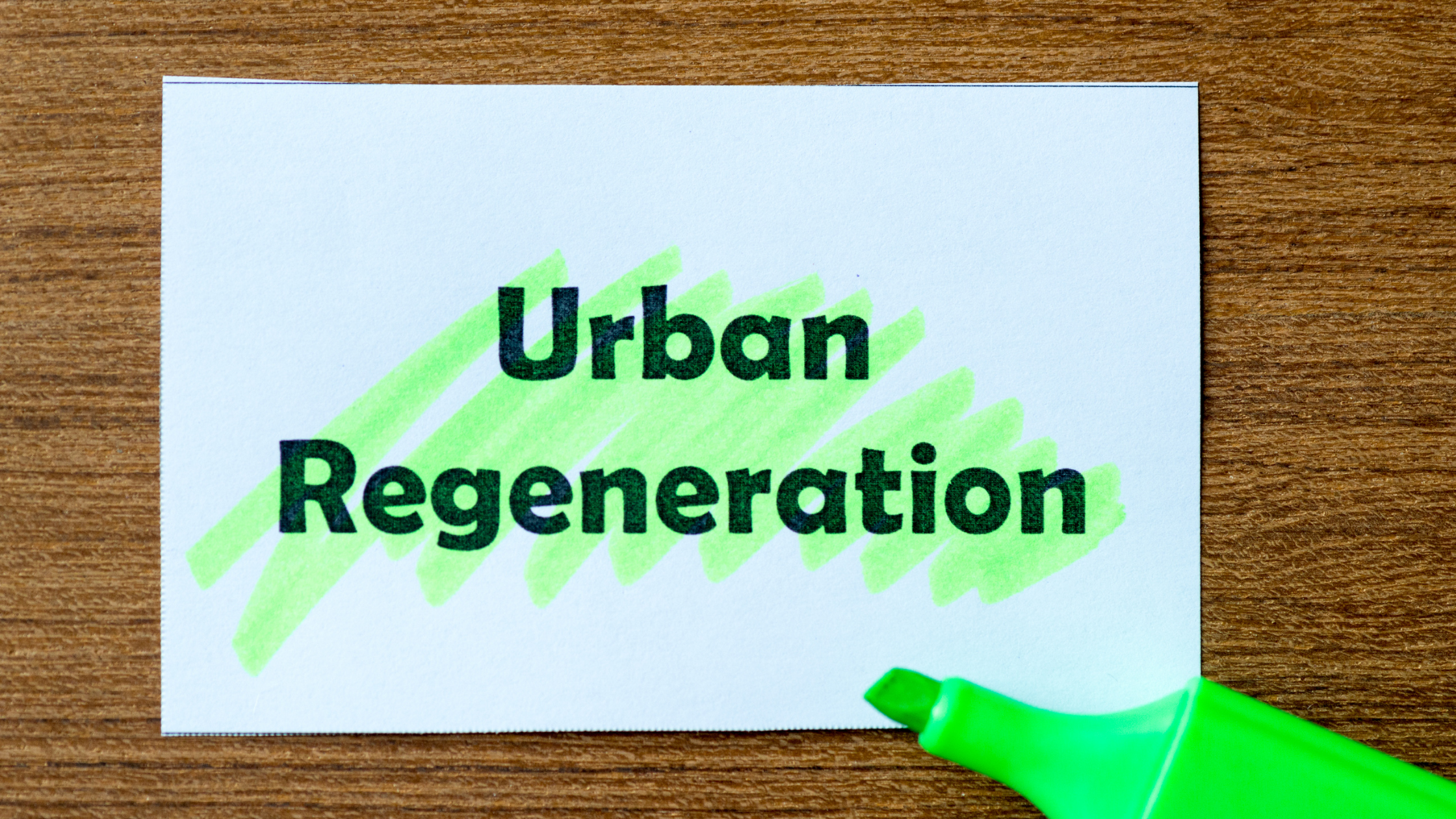
Property investors and developers should keep a keen eye out for regeneration projects, as well as cities and towns undergoing major redevelopment plans. These areas offer fantastic opportunities for commercial, residential and BTR property development projects.
A property’s location will always be a vital consideration for property investors and property developers; knowing where people want to rent or buy is essential for ensuring buyers and tenants. Investing or developing in the wrong area can lead to significant losses, with properties left dying on the market for months at a time.
With the pandemic causing a shift in living and working habits, many people have changed their minds when it comes to where they find themselves feeling at home. This, as well as urban regeneration hotspots, is something that property investors must consider from now on.
According to developer SevenCapitals, buyers and renters have the same things in common: they want a place that is of good value, good quality and delivers good amenities. Property investors want the same things, as this brings in the buyers and renters; however, they also want to see the potential for capital growth in their investments. SevenCapitals confirms that the best way to guarantee this capital growth and maximise returns is to invest in good property in an area subject to urban regeneration.
Research by CBRE has revealed that homes close to regeneration zones attract an average of 3.6% more price growth per year than properties in the wider local authority area.
So, where should property investors look in 2021 for these urban regeneration hotspots to improve their investments?
- Birmingham: this city has already seen considerable changes over the last fifteen to twenty years, led by the Big City Plan. Billions have been put into infrastructure, retail, real estate and the central city area. Over five years, price growth in Birmingham stands at 31.2%, and this is set to grow further as the city continues to be developed.
- Leeds: this city is highlighted as one of the best buy-to-let hotspots in the UK at the moment. With a fantastic record of regeneration and millions more to be invested, Leeds is set to be one of the best cities in the UK. Some of the regenerations include £270 million, 2.8-acre development in the west end of the city, doubling the city centre’s size. Residential, hotel and commercial space will expand and provide excellent opportunities for property investors and property developers.
- Slough: the only South East location on the list, Slough has seen a rise in appeal in recent years due to investment in the Crossrail and approximately £3 billion worth of investment in the pipeline. Regarded as a popular commuter town, Slough presents opportunities for property investors and developers looking to take advantage of the growing BTR and residential property markets. Growth in the past five years already stands at 10.4%, with growth as high as 65.1% in the last decade.
- Manchester: this city has seen various regeneration projects over the last 20 years, with many investors flocking to the city for affordable investments. Some recent acquisitions include £1.5 billion Spinningfields regeneration project, £800 million NOMA project and the Northern Gateway redevelopment. Manchester is a fantastic city for investment, with opportunities for commercial, residential and BTR property investments. In the last five years, the city’s price growth stands at 38.2%.
- Sheffield: famously called the green city, the latest regeneration has been led by The Heart of the City masterplan, which helped regenerate Peace Gardens, the Winter Garden and St Paul’s Tower. The second part of the masterplan will focus on investing £470 million into the retail sector with commercial, leisure and residential as additional focus points. This is undoubtedly one city to watch with potential for a wide range of investments.

